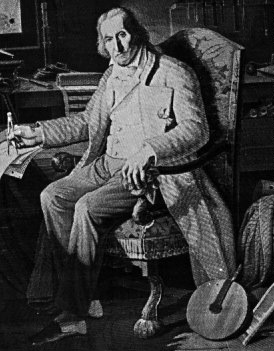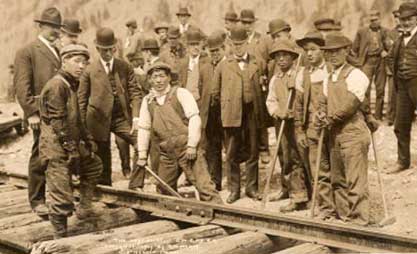 What examples does Pursell give
us to support his contention that "our beliefs about
inventions" distort our understanding of technology?
What examples does Pursell give
us to support his contention that "our beliefs about
inventions" distort our understanding of technology?Write for five minutes and then compare your responses with your groups' responses to these questions:
 What examples does Pursell give
us to support his contention that "our beliefs about
inventions" distort our understanding of technology?
What examples does Pursell give
us to support his contention that "our beliefs about
inventions" distort our understanding of technology?
argument | examples | next question | historical setting | contemporary cases


You can't make a living inventing things!
One key element is how things come together.
 How important is "convergence"
in the development and dispersal of new tools?
How important is "convergence"
in the development and dispersal of new tools?
![]()
Converge, to come together, join or fuse several things into one. The idea of convergence is that certain precise steps have to occur prior to one another (in some sequence) and subsequent events come together in an effective way to produce technological change, such as railway transportation and electricity, or even older the casting of huge iron bells for religious expression, preceded the making of iron canons for war.
From Pursell we have examples of steam engines, parking meters, the uniform product or "bar" code and bar code reader and "picture" phones.
The point argued by Pursell, and many others, is that technological change is not inevitable and that any progress, if there is indeed technical improvement, relies on a well educated and able public. That means inventors need to have an inquisitive, astute, and nimble group of users able to adapt to use tools well enough to make changes and adapt tools made for one purpose to a totally new application.
People have to be intelligent to keep pace with technical changes, otherwise new tools are not dispersed widely through society leading to bottlenecks, or constrictions in the adoption of more effective processes. Pursell frequently refers to the Japanese, who through their skillful understanding of American manufacturing, improved techniques that allowed them to capture the electronics industry and for Toyota, a Japanese conglomerate, to become the largest automotive manufacturer in the world today displacing General Motors.
Write up a joint statement by your group
-- for or against the above sentiments, that we have distorted views of technology.
Language and innovation go hand in hand.
Progress is largely an illusion.
Two Cultures: a deep division between the arts and the sciences distorts our view of the industrial revolution and inhibits our understanding of how technology develops from a series of contributions and even failures due to poor timing in the past.
![]()
 |
||
|---|---|---|
| Tools of Toil: what to read. | ||
| Tools are historical building blocks of technology. | ||